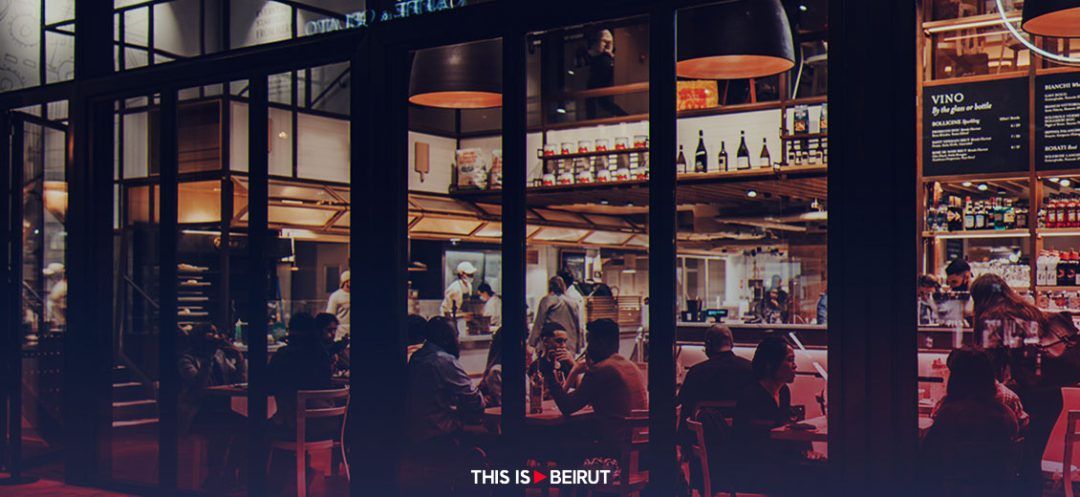
"We're a bit fed up, you know, my dear, with all this bad news every day; we can't wait to get back to our lives; in fact, I need to do some shopping, it'll cheer me up." And so, the "completely outdated" items are renewed, a few pieces to ornament the new Art Deco secretary, the coveted shawls, the sparkling jewelry sets, dinner at the latest Italian restaurant "offering fresh truffles for next to nothing, $150 for the menu!"
This is the Distinction, Pierre Bourdieu's 1979 masterpiece, classified as a reference in sociology. One of its themes is that every social class tends to distinguish itself from the one directly below it... but also inevitably tries to emulate the lifestyle of the immediately superior class, which, as soon as it perceives that this attempt might succeed, rushes to push its lifestyle even higher.
These distinctions are made in the consumption of goods and services and in the more, or less, refined manner of practicing this consumption: "You can tell they're nouveaux riches, see how she wears her purse!"
Indeed, this money, inevitably liquid, freely flowing, comes from these two sources. The first is confined to the "well-bred" wealthy who have had the "wisdom" to keep a good portion of their wealth elsewhere and who maintain a flourishing business. Then there are the "newly rich" who, according to a certain local scale of perverse value, "have been clever enough to know how to take advantage."
But take advantage of what? Oh, over the past four years, opportunities have not been lacking: subsidies of fuel, medication and 300 other "basic products," smuggling, speculation on the national currency, the differential between the Sayrafa rate and the market rate, dubious transactions involving COVID vaccines and other purchases, money laundering, inherent to any cash economy...
Hence these import figures reach staggering levels, although we're struggling to count them: in 2022, they almost reached $19 billion, a level not seen in years, as people took advantage of reduced customs duties. It was practically the level of the pre-crisis heyday.
For the year 2023, official statistics have stopped for the time being in August 2023, with over $10 billion in imports. By arithmetic extension, they should reach around $15.5 billion for the whole year. In reality, they will probably be more, considering that the last two months of the year are particularly active. Especially since the tonnage of goods at the port of Beirut is nearly at the same level as in 2022.
And all this while the crisis has paradoxically been dragging on with no measures to alleviate it. Governance is at less than zero. Resulting, by that very fact, in an abyss between these old/new more or less affluent households and a damned caste thrown onto the sidewalk, reduced to begging for the small handful of dollars from the bank across the street.
So if we absolutely want to engage in economic prospecting, we are torn between several catapulting trends. On the one side, some cry out at the indecency of such ostentatious displays of wealth. But on the other side, we think that consuming, if we have the means, is always better than safely hoarding bundles in the basement; it keeps money circulating. Except that, on a third side, it contributes to the trade deficit and the balance of payments, which is inherently harmful and was one of the causes of the crisis.
Finally, to make our existence even more complicated, we take a fourth side of this irregular and deformed quadrilateral. It's the mist in which all this evolves. We enjoy wading through waves of speculation, approximations and neglect elevated to the level of an economic system, found nowhere else. And we resign ourselves to it, saying that this is our own distinction.
Read more




Comments